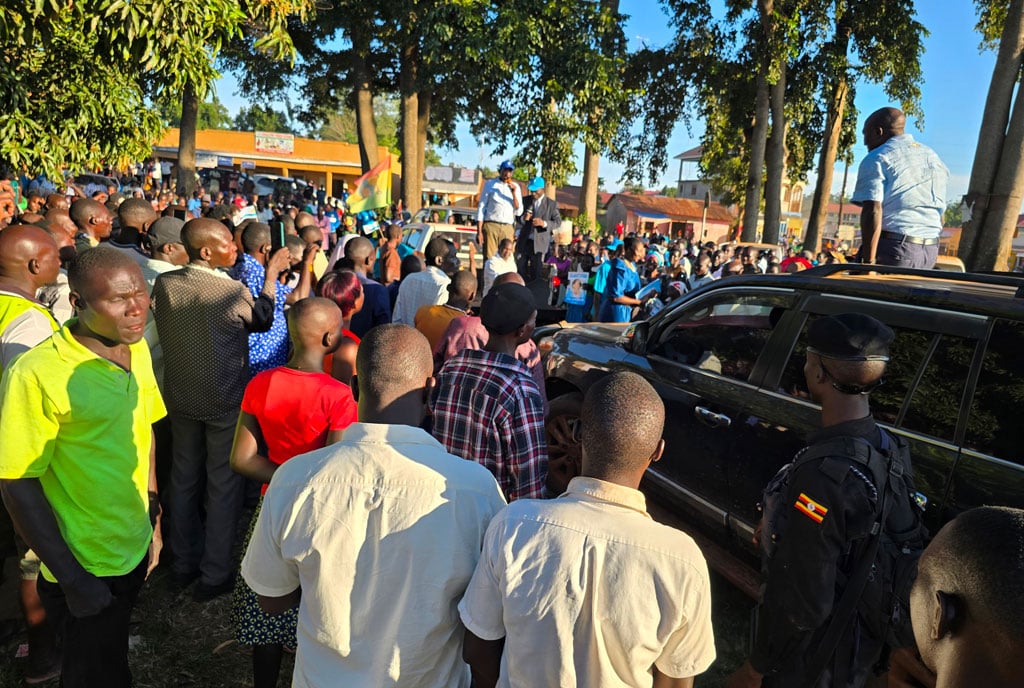
AMOLATAR . Forum for Democratic Change (FDC) presidential candidate Nathan Nandala Mafabi has promised to restore cotton growing in the Lango sub-region if elected to the highest office in the land.
This , Mr Mafabi said is aimed at boosting incomes for local farmers and revive a once-thriving cash crop.
Mr Mafabi made the pledge while canvassing for votes in Amolatar Town on October 10. He said farmers currently face low cotton prices and exploitation by middlemen.
“Cotton was once being grown here and coffee was being grown in Mountain Elgon. Any dress, shirt or trouser has some cotton on it, and a dress or shirt of cotton is more expensive than that of polyester,” Mr Mafabi said.
He added: “So what happened to our coffee? One old man told me that the cotton prices are low. That’s dangerous for us because we should go back, grow cotton and make money out of it because other countries are growing cotton and making money out of it.”
Cotton production in Lango sub region has declined sharply due to unstable prices, pests, and diseases.
Mafabi’s plan seeks to improve market access, supply quality seeds, and support farmers through cooperatives. Over 300 cooperatives in the sub-region have collapsed, weakening cotton production and sales.
Reviving the crop, Mafabi said, could create jobs, increase household income, and stimulate economic growth. He further promised that an FDC administration would allocate 10% of the national budget to agriculture and revive the Cooperative Bank to provide affordable loans and credit to Ugandans.
Mafabi’s manifesto includes allocating Shs100 million to every village to spur rural development, removing military presence from lakes to support fishing communities, and offering tax exemptions for small and medium enterprises.
Community leaders in Lango welcomed the proposal.
“We have the land, the knowledge, and the will. All we need is leadership that believes in us,” said David Okello, a farmer in Dokolo.
The cotton industry faces challenges from climate pressures, water scarcity, and socio-economic disparities.
According to the June 2025 edition of The ICAC Recorder, transformative strategies are needed rather than incremental adjustments.
ICAC Chief Scientist and Editor Dr Keshav Kranthi stressed that solutions require listening to farmers, investing in collaborative science, and managing water and carbon responsibly.
Mafabi’s promise highlights a campaign focus on reviving traditional cash crops to support rural communities and strengthen Uganda’s agricultural sector. How effectively these pledges translate into action will be closely watched by farmers and policy analysts alike.